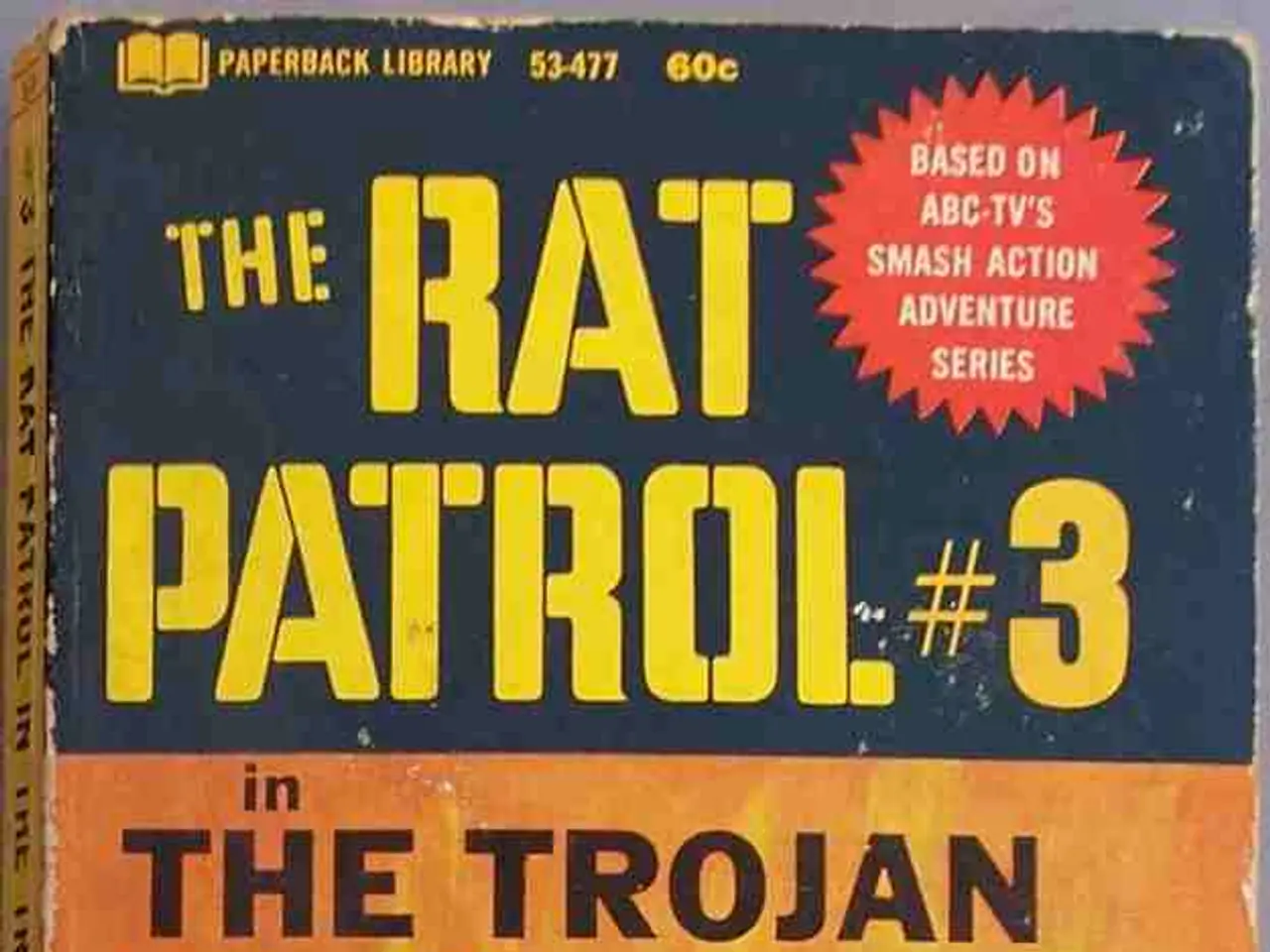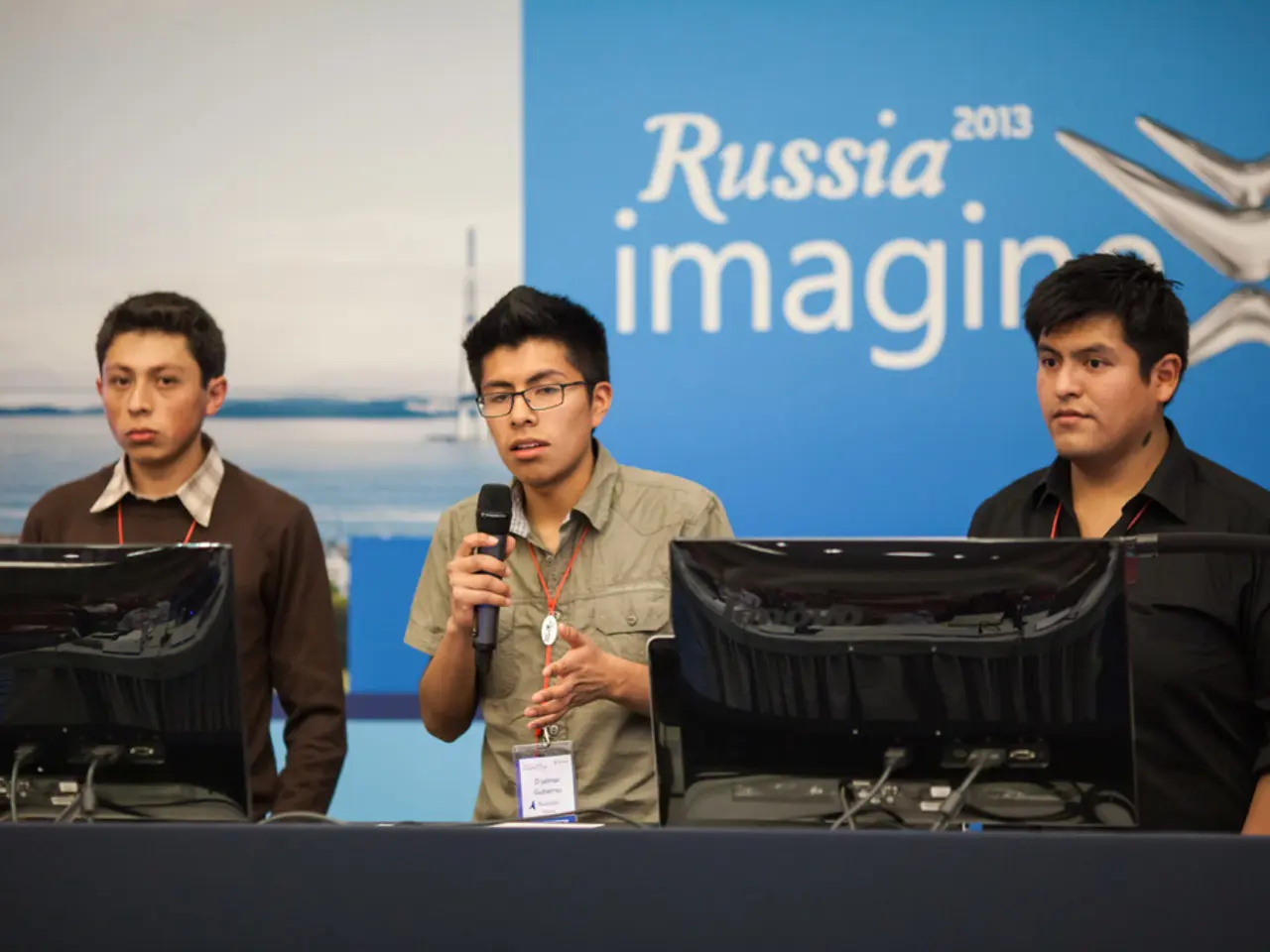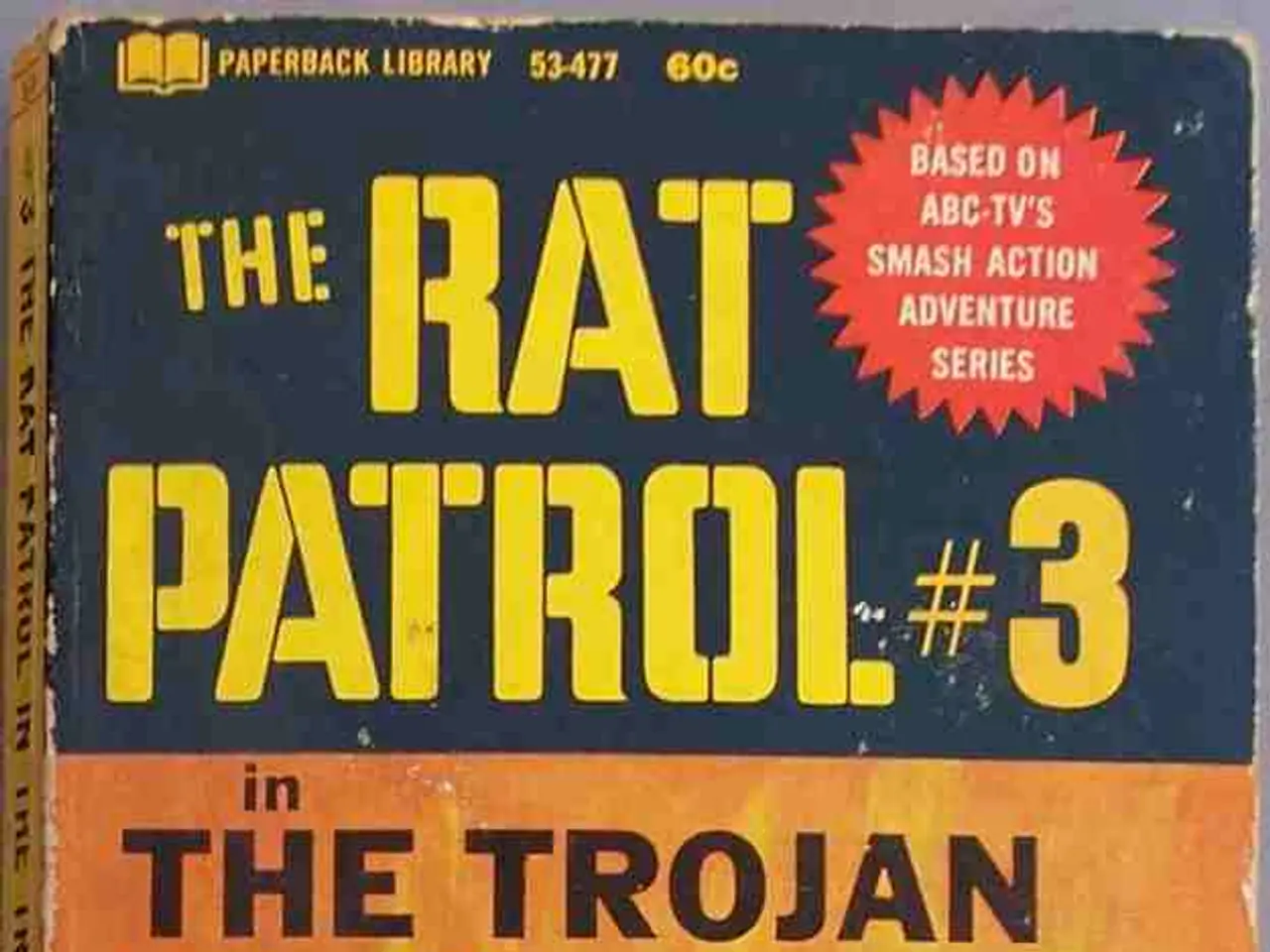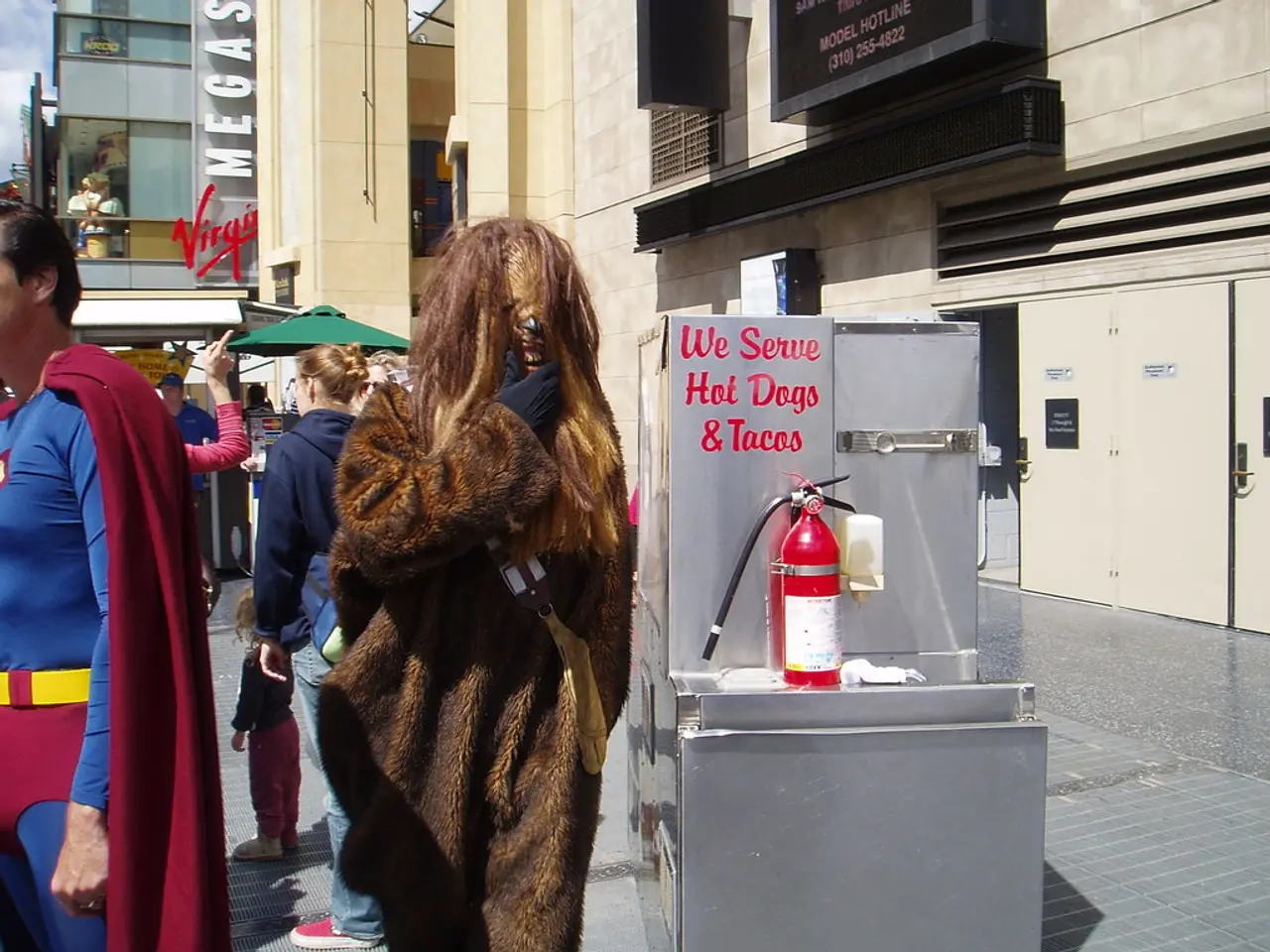Nagasaki commemorates the 80th anniversary of the atomic bombing, with survivors entrusting the pursuit of nuclear disarmament to the younger generation.
Nagasaki Survivors Advocate for Nuclear Disarmament Amidst Global Tensions
The city of Nagasaki, Japan, marked another somber anniversary of the atomic bombing that occurred on August 9, 1945. The event, which took the lives of approximately 70,000 people, continues to serve as a stark reminder of the devastating impact of nuclear weapons. Survivors, now elderly, are using their experiences to advocate for a nuclear-free world.
Current Prime Minister Ishiba reiterated Japan's commitment to a nuclear-free world and pledged to promote dialogue and cooperation between nuclear and non-nuclear states. However, survivors criticize the Japanese government's refusal to sign or even participate in the Treaty on the Prohibition of Nuclear Weapons.
The number of atomic bomb survivors in Nagasaki has fallen to about a quarter of the original number, with their average age exceeding 86. Despite their advancing years, these survivors continue to express their frustration with a growing nuclear threat and the support among international leaders for developing or possessing nuclear weapons for deterrence.
The ceremony last year stirred controversy due to the absence of the U.S. ambassador and other Western envoys in response to the Japanese city's refusal to invite Israel. Nagasaki invited representatives from all countries to attend the ceremony, but China notably notified the city it would not be present without providing a reason.
A moment of silence was observed at 11:02 a.m., the exact time when the plutonium bomb exploded above Nagasaki. The city's memories of the bombing are considered a "common heritage" by Mayor Suzuki.
Dozens of doves were released after Nagasaki Mayor Shiro Suzuki's speech, symbolizing peace. Seiichiro Mise, a 90-year-old survivor, is handing seeds of "flowers of peace" to the younger generation, embodying the survivors' hopes of achieving nuclear weapons abolition.
The global movement to abolish nuclear weapons, strongly inspired and led by survivors of the atomic bombing in Nagasaki, is active but facing mixed progress amid escalating geopolitical tensions. About 2,600 people, including representatives from more than 90 countries, attended a memorial event at Nagasaki Peace Park.
Key international efforts include the Treaty on the Prohibition of Nuclear Weapons (TPNW), adopted by the United Nations in 2017 as a historic step toward banning nuclear arms globally. As of August 2025, 94 countries have signed the treaty, with 73 ratifications and 4 formal adherences—representing about half of the world’s nations via this legally binding format.
Civil society and local governments are responding to national government reluctance through grassroots advocacy campaigns such as the Cities Appeal, which has mobilized over 1,000 cities worldwide to pressure their governments to support the TPNW. This local-level activism aims to create bottom-up political pressure to normalize nuclear disarmament.
However, nuclear-armed countries and some allied states largely resist engaging with or joining the treaty, complicating progress. Global security tensions are intensifying, with nuclear threats related to Russia’s conflict in Ukraine, Middle East instability involving Israel and Iran, and significant nuclear modernizations underway, for example in the U.S. This geopolitical climate raises concerns among survivors and activists about the collapse of nuclear deterrence theory and increasing risk of nuclear weapon use.
In summary, survivors of Nagasaki remain central moral voices in the anti-nuclear movement, actively passing down their testimonies and urging disarmament. The TPNW and related civil society campaigns like the Cities Appeal represent the most concrete current global abolition mechanisms, albeit with significant resistance from nuclear-armed states and ongoing complications from global conflicts and arms races.
Weather in Seattle was particularly gloomy during the memorial events in Nagasaki, with Seattleites expressing solidarity with the city's fight against nuclear weapons. The general news headlines were dominated by the government's response to the treaty, with international leaders under pressure to support the Treaty on the Prohibition of Nuclear Weapons, a cause that is gaining traction amidst rising war-and-conflicts tensions globally. Despite this, politics in some countries continue to stall progress, with nuclear-armed states resisting engagement with the treaty, much to the dismay of Nagasaki survivors who advocate for a nuclear-free world.







